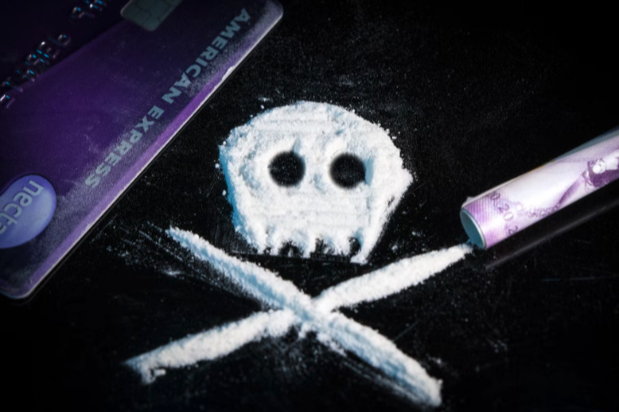Substance use disorder (SUD) is one of the world’s most common concerns caused by the knock-on effects of other societal problems such as poverty and mental health disorders. While we know it’s impossible to have a society that is perfect and blemish-free, the impact of substance use can be lessened if other issues are addressed. The problem has a widespread negative consequence on society and is not an isolated aspect of it.
The state of substance use today
31.9 million Americans aged 12 years and older are current illegal drug users (used within the last 30 days), according to the National Center for Drug Abuse Statistics. Alcohol use is one of the most common incidents of substance use with 139.8 million Americans aged 12 and up drinking alcohol, with 10.6% of them having an alcohol use disorder. Ahead of this are the 58.8 million people using tobacco and 31.9 million using illegal drugs. 8.1 million of these people have a drug disorder.
Substance use disorder is a widespread issue in society and can be attributed to a multitude of factors. Regardless of what causes a person to use a specific substance (or multiple), the substances themselves all contain chemicals that can cause individuals to become reliant or addicted to them. Once a person is trapped in the vicious cycle of addiction, it can be very difficult to get out.
Individuals misuse substances for a variety of reasons. Some are unaware that they have a problem, and others are led to drugs or alcohol because of their circumstances. There are many incidents of homeless people using drugs and alcohol as a form of escapism from their living conditions, for example, or someone with depression who abuses substances to avoid confronting their inner turmoil.
The impact of substance use on different facets of society
Substance use disorder has an indisputable negative consequence on various corners of society. Regardless of a person’s position in life, misusing any kind of substance — legal or illegal — will have an impact on that person’s ability to positively contribute to society.
Education
Substance-using children and teenagers have a higher chance of dropping out of school and overall academic failure. Because of the chemical interference with normal cognitive processes, there is a definite link between consuming drugs and alcohol and lower grades and the ability to concentrate and process information. Students who drink or use drugs frequently are also at risk of getting into accidents or getting injured, having unprotected sex, and developing severe mental health disorders. All of these risks will have a subsequent effect on their education and building a successful, stable future for themselves.
Poverty
Whether in school, college, or in a job, substance misuse has the potential to ruin the lives of many. If an individual becomes addicted to a specific substance, it could possibly take over all of their time, energy, and finances. What happens thereafter is a dangerous spiral that could threaten the individual’s ability to perform in their studies or in their job. If an individual is jobless and misusing substances, they will spend all their means on the substance and be unable to afford other living expenses such as food and housing. Substance misuse is one of the core contributors to the poverty cycle in society today.
Mental Health
There is an irrefutable, close link between substance use and mental health disorders, although one does not always cause the other. Drugs such as methamphetamine can cause prolonged psychotic episodes, and alcohol is known to make the symptoms of depression and anxiety worse. There are several studies that suggest that mental illnesses such as bipolar depression may be associated with substance use disorders. Individuals who enter a drug rehabilitation center have a chance of addressing both their mental health and substance use behaviors.
Crime
It’s well-known that substance use and crime rates are linked. Often, those with a substance use disorder will steal to get money to support their habits and addiction.
Health Care
Those with substance use disorders put an additional burden on the healthcare system due to the health problems that can arise from it. From overdose to addiction-related diseases such as lung and kidney cancer, there is an abundance of hospital admissions caused by substance misuse.
How to treat substance use disorder
There are many approaches to and methods of addiction recovery and no one way is right for everybody. One popular route for treating substance use disorders is to go to a drug rehabilitation center, whether battling alcoholism or opioid addiction. There people receive a diagnosis for their conditions and work on detoxing their systems, ridding the body of the harmful chemicals that exist in legal and illegal substances.








